Como a Blockchain Pode Transformar as Plataformas de Redes Sociais
28 de outubro de 2025
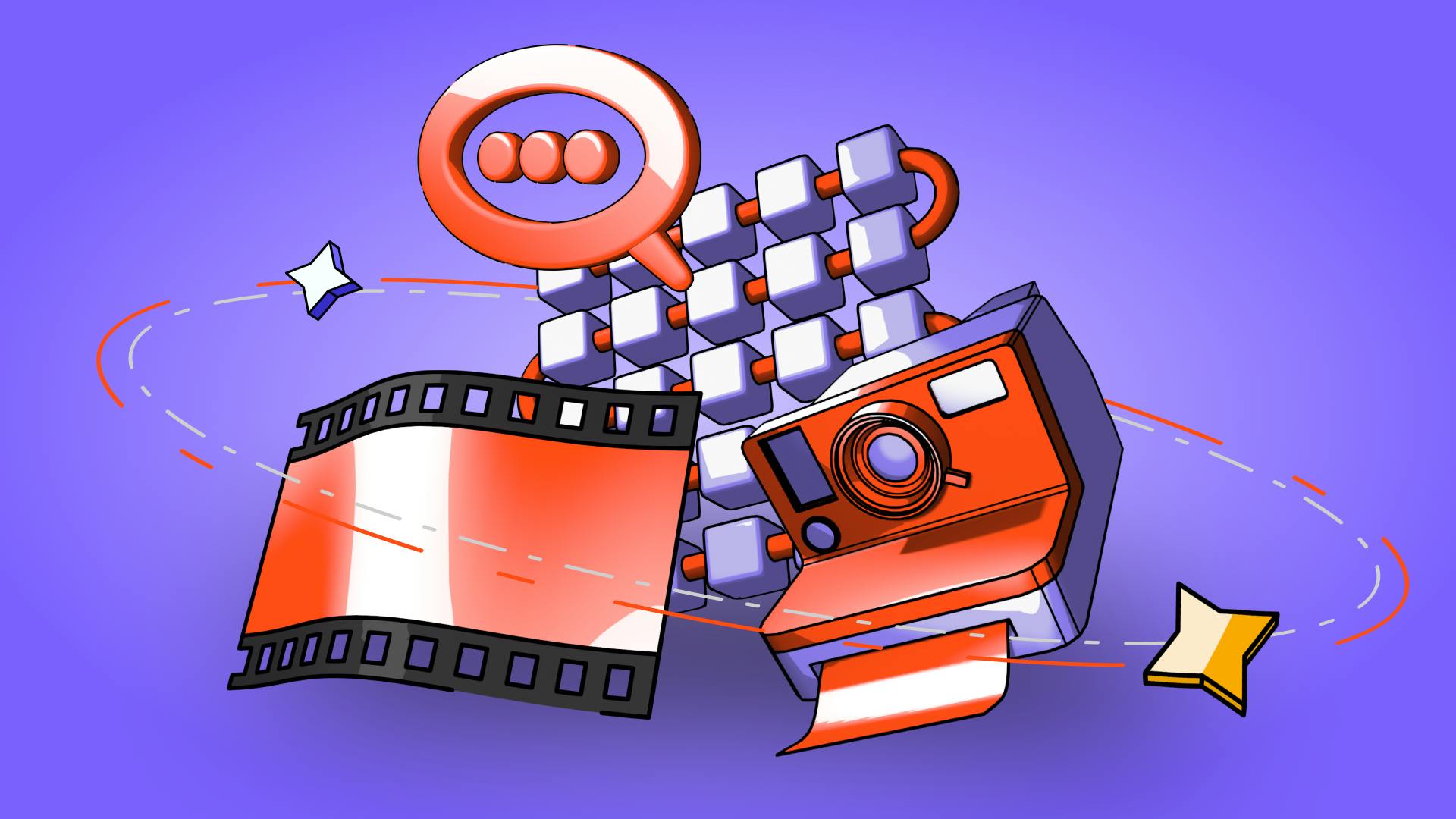
by Coinmetro Editorial Team
28 de outubro de 2025
Em 2021, uma fuga de dados expôs informações de mais de 530 milhões de utilizadores do Facebook, destacando os riscos contínuos de privacidade e segurança das redes sociais. Estas plataformas enfrentam frequentemente críticas devido a violações de dados, censura e controlo limitado por parte dos utilizadores. À medida que estes problemas aumentam, a tecnologia blockchain surge como uma alternativa promissora. A sua estrutura descentralizada pode reforçar a privacidade, aumentar o controlo dos utilizadores e criar um espaço digital mais seguro.
Este blog irá explorar como a blockchain pode revolucionar as plataformas de redes sociais, abordando os seguintes tópicos:
- O estado atual das plataformas de redes sociais
- Melhoria da privacidade e segurança dos dados
- Combate à censura
- Monetização transparente e justa
- Perspetivas futuras
Saiba Mais Sobre a Integração das Redes Sociais com as Finanças Descentralizadas
As plataformas de redes sociais enfrentam vários desafios críticos que afetam os utilizadores e o ecossistema digital em geral:
Privacidade dos Dados: Um dos principais problemas é a preocupação com a privacidade dos dados. Os utilizadores muitas vezes não têm consciência da quantidade de informações pessoais que partilham e de como as empresas as utilizam. Violações de dados de grande escala expuseram as informações de milhões de utilizadores, levando a uma desconfiança generalizada.
Centralização e Censura: Outro desafio significativo é o controlo centralizado. Poucas grandes corporações dominam as redes sociais, o que lhes confere um enorme poder sobre o conteúdo que é visto e partilhado. Esta centralização pode levar à censura, quando as plataformas removem ou suprimem conteúdo que não está em conformidade com as suas políticas ou com os interesses dos seus acionistas. Isso pode sufocar a livre expressão e impedir a disseminação de pontos de vista diversos.
Monetização: Os problemas de monetização também afetam as plataformas de redes sociais. Os utilizadores geram conteúdo e interagem nestas plataformas, mas os benefícios financeiros vão principalmente para as próprias plataformas. Os criadores de conteúdo enfrentam frequentemente dificuldades em monetizar o seu trabalho de forma justa, o que tem gerado uma crescente exigência por modelos de partilha de receitas mais equitativos.
Exemplos reais destacam claramente estes desafios. O escândalo Facebook-Cambridge Analytica é um exemplo marcante de problemas de privacidade de dados. Neste caso, os dados de milhões de utilizadores do Facebook foram recolhidos sem consentimento e utilizados para publicidade política, provocando uma enorme indignação pública e uma maior fiscalização das práticas de dados.
As proibições de contas e a censura de conteúdo são outras questões prementes. O YouTube tem sido criticado por banir contas e remover conteúdos que violam as suas diretrizes, o que alguns utilizadores consideram tendencioso ou injusto. Estas ações podem afetar desproporcionalmente determinados grupos e pontos de vista, levantando preocupações sobre a liberdade de expressão e o papel das redes sociais como fórum público.
Os problemas de monetização são evidentes nas dificuldades enfrentadas pelos criadores de conteúdo em plataformas como o YouTube. Embora alguns criadores consigam gerar rendimentos significativos, outros têm dificuldade em obter uma parte justa das receitas do seu conteúdo. Esta disparidade levou a apelos por novas plataformas e modelos que apoiem melhor os criadores a nível financeiro.
Estes desafios evidenciam a necessidade de soluções inovadoras para garantir que as plataformas de redes sociais sirvam efetivamente os interesses dos utilizadores. A tecnologia blockchain oferece respostas potenciais para muitos destes problemas, prometendo uma experiência de rede social mais segura, privada e centrada no utilizador.
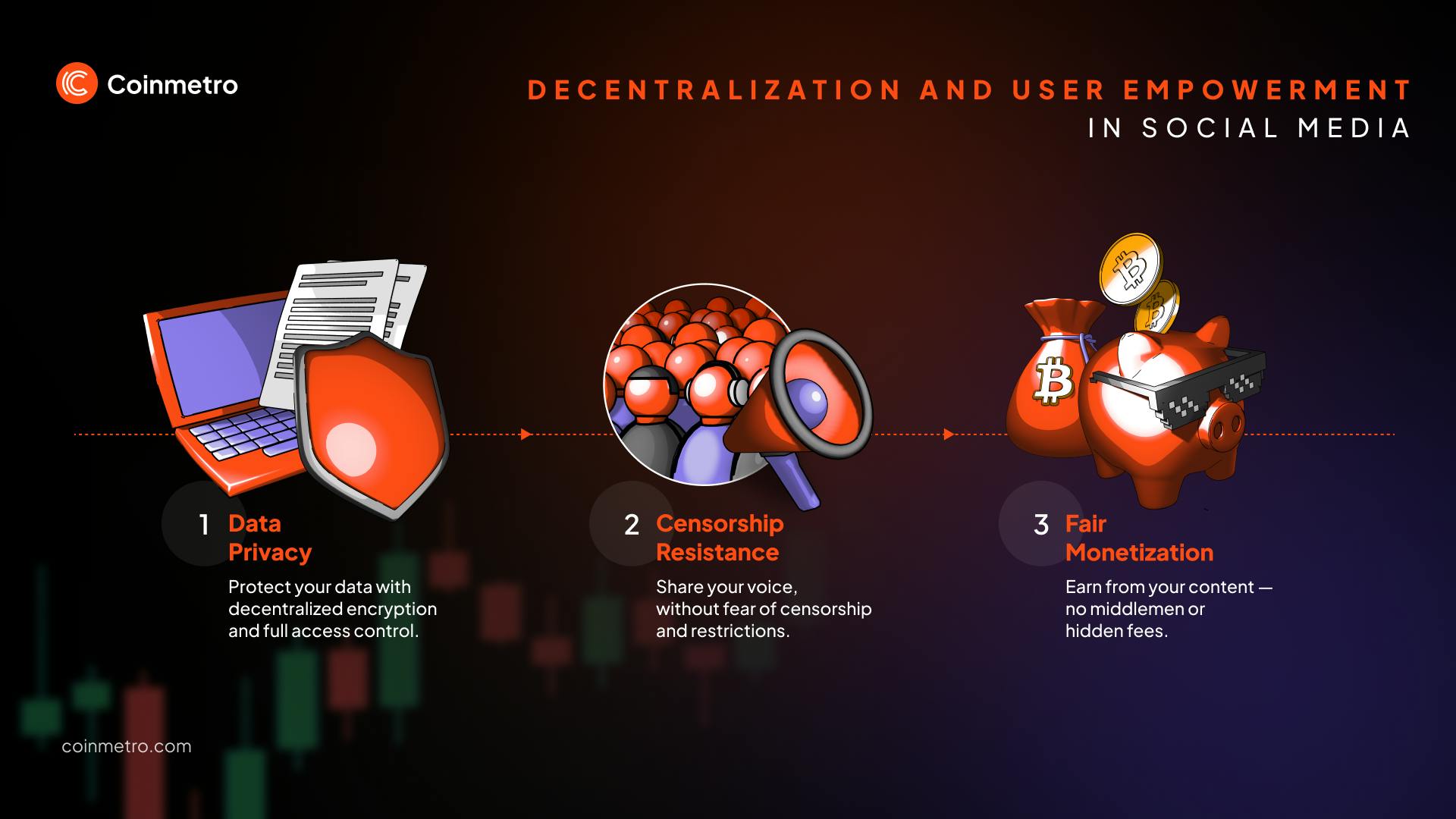
A tecnologia blockchain dá poder aos utilizadores, oferecendo-lhes mais controlo sobre os seus dados. Ao contrário das plataformas tradicionais de redes sociais, onde os dados dos utilizadores são armazenados em servidores centralizados, as plataformas baseadas em blockchain armazenam os dados de forma descentralizada. Isto significa que os utilizadores mantêm a propriedade dos seus dados e podem decidir quem tem acesso a eles. O acesso não autorizado torna-se muito mais difícil, uma vez que os utilizadores controlam as chaves de encriptação que protegem as suas informações. Esta abordagem centrada no utilizador garante que os dados pessoais permanecem privados e seguros.
A natureza descentralizada da tecnologia blockchain reforça a segurança dos dados ao distribuir as informações por uma rede de nós, em vez de as armazenar num único local. Esta distribuição torna praticamente impossível para os hackers violarem o sistema, uma vez que não existe um ponto único de falha. Além disso, a blockchain utiliza técnicas avançadas de encriptação para proteger os dados. Cada transação ou bloco de informação é encriptado e ligado ao anterior, criando uma cadeia segura e imutável. Este registo à prova de adulterações garante a integridade dos dados e impede alterações não autorizadas.
Várias plataformas de redes sociais baseadas em blockchain já adotaram os princípios mencionados acima, dando prioridade à privacidade e à segurança dos dados dos utilizadores:
Minds: Uma rede social descentralizada que recompensa os utilizadores com tokens pelas suas contribuições na plataforma. Utiliza a tecnologia blockchain para garantir a privacidade dos dados e a segurança das comunicações dos utilizadores.
Steemit: Uma plataforma de redes sociais construída sobre a blockchain Steem. O Steemit permite aos utilizadores ganhar recompensas em criptomoedas pela criação e curadoria de conteúdos, assegurando simultaneamente que os dados dos utilizadores são armazenados e geridos de forma segura.
Nostr: Uma rede social descentralizada que enfatiza a simplicidade, a privacidade e a resistência à censura. O Nostr é apoiado por Jack Dorsey, cofundador do Twitter, e utiliza chaves criptográficas para gerir as identidades e interações dos utilizadores, garantindo que apenas o utilizador tem controlo sobre os seus dados.
Estas plataformas demonstram como a blockchain pode transformar as redes sociais, melhorando a privacidade e a segurança dos dados. Ao conceder aos utilizadores o controlo sobre as suas informações e ao utilizar métodos robustos de encriptação e descentralização, a tecnologia blockchain resolve muitos dos problemas que afetam as plataformas de redes sociais tradicionais.
Descubra os Tokens de Utilidade Social: Uma Tendência Promissora da Blockchain
A tecnologia blockchain pode transformar a moderação de conteúdo. Elimina o controlo centralizado, reduzindo o risco de decisões tendenciosas ou arbitrárias. Num sistema baseado em blockchain, a comunidade modera coletivamente o conteúdo. Esta abordagem reduz a censura e promove a transparência.
As plataformas baseadas em blockchain protegem a liberdade de expressão. Os utilizadores podem partilhar as suas opiniões sem receio de uma remoção arbitrária, desde que o conteúdo não seja ilegal nem prejudicial. Esta estrutura impede que uma única entidade decida o que é aceitável, promovendo a diversidade de vozes e o diálogo aberto.
DTube: DTube é uma plataforma descentralizada de partilha de vídeos construída sobre blockchain. Permite que os utilizadores partilhem vídeos sem risco de censura. Ao contrário dos sites tradicionais, o DTube baseia-se na moderação comunitária. Esta abordagem torna as decisões sobre o conteúdo mais transparentes e democráticas, permitindo aos utilizadores expressar as suas opiniões sem medo de remoções arbitrárias.
Mastodon: Uma rede social descentralizada, embora não totalmente baseada em blockchain. Utiliza um modelo federado, onde os utilizadores juntam-se a servidores independentes, cada um com as suas próprias regras. Isto reduz o risco de censura generalizada e dá aos utilizadores mais controlo sobre a sua experiência online. O foco do Mastodon na liberdade de expressão e na autonomia do utilizador destaca o poder das redes descentralizadas.
Descubra 5 Plataformas de Redes Sociais Baseadas em Blockchain
A tecnologia blockchain pode transformar a forma como as plataformas de redes sociais monetizam conteúdos através de economias baseadas em tokens. Os utilizadores podem ganhar tokens pelas suas contribuições, como criar conteúdo, interagir com publicações ou moderar comunidades. Estes tokens podem ser negociados, utilizados para comprar serviços ou convertidos em moeda fiduciária. Este sistema incentiva os utilizadores a participar ativamente, criando uma comunidade mais envolvida e dinâmica.
A blockchain garante uma partilha de receitas transparente e justa entre plataformas, criadores e utilizadores. Os contratos inteligentes podem distribuir automaticamente os ganhos com base em regras predefinidas, assegurando que todas as partes recebem a sua quota justa. Esta transparência elimina a necessidade de intermediários, reduzindo custos e aumentando a confiança. Em plataformas como o Steemit, os criadores podem ter a certeza de que receberão pagamentos precisos e atempados pelo seu trabalho, enquanto os utilizadores beneficiam do seu envolvimento e das suas contribuições.
Saiba Como as Redes Sociais Estão a Ser Redefinidas através da Descentralização
Novas tecnologias blockchain estão prestes a transformar as redes sociais. A comunicação entre cadeias permitirá que diferentes redes se conectem, melhorando a experiência do utilizador e expandindo as funcionalidades da plataforma.
A identidade descentralizada (DID) é outro desenvolvimento importante. Permite que os utilizadores tenham uma identidade digital única e segura para várias plataformas. Esta abordagem reduz as violações de dados e o roubo de identidade, limitando a quantidade de dados pessoais partilhados.
O interesse em redes sociais baseadas em blockchain está a crescer. Empresas e startups estão a explorar como a blockchain pode resolver problemas atuais das plataformas. Segundo um relatório da MarketsandMarkets de 2023, o mercado de blockchain em media, publicidade e entretenimento crescerá de 1,54 mil milhões de dólares em 2020 para 11,45 mil milhões até 2027. Esta tendência demonstra a crescente adoção da blockchain nestes setores.
Endossos de alto perfil também apoiam este crescimento. Jack Dorsey, cofundador do Twitter e da Square, é um defensor ativo das tecnologias descentralizadas. O seu apoio a projetos como o Nostr, um protocolo descentralizado, destaca esta mudança.
▶️ Assista: Por Que Uma Plataforma de Redes Sociais na Blockchain Poderia Ser Gigante
Junte-se à comunidade Coinmetro no Discord e Telegram, onde traders e investidores visionários se reúnem para compartilhar conhecimentos, explorar novas oportunidades e mergulhar profundamente em criptomoedas. Se precisar de ajuda, entre em contato com a nossa equipe de suporte ao cliente de classe mundial através do chat ao vivo 24/7 ou por e-mail para hello@coinmetro.com.
Para se tornar um utilizador Coinmetro hoje, Registre-se agora, ou aceda à nossa nova Bolsa se já estiver registrado para experimentar nossa plataforma de negociação premium.
Etiquetas
Artigos relacionados

Influenciadores de Criptomoedas a Seguir em 2024: Quem Está a Moldar o Mercado?
Os influenciadores de criptomoedas desempenham um papel fundamental no mercado de moedas digitais. Eles orientam os investidores com perceções…
9m
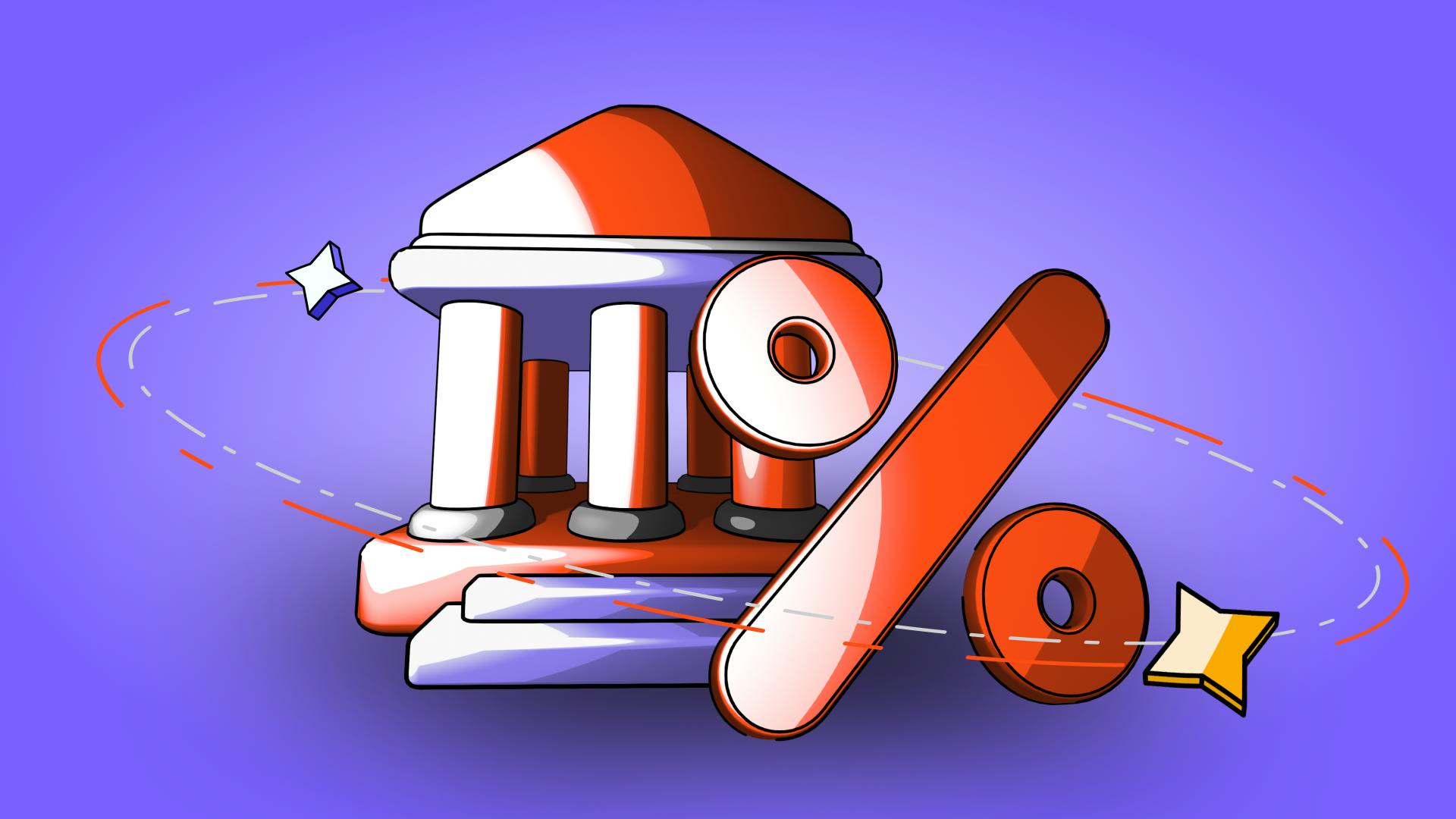
Empréstimos e Empréstimos DeFi: Um Guia para Principiantes
As DeFi (Finanças Descentralizadas) utilizam a tecnologia blockchain para oferecer serviços financeiros sem bancos. Plataformas como Ethereum, Solana…
9m
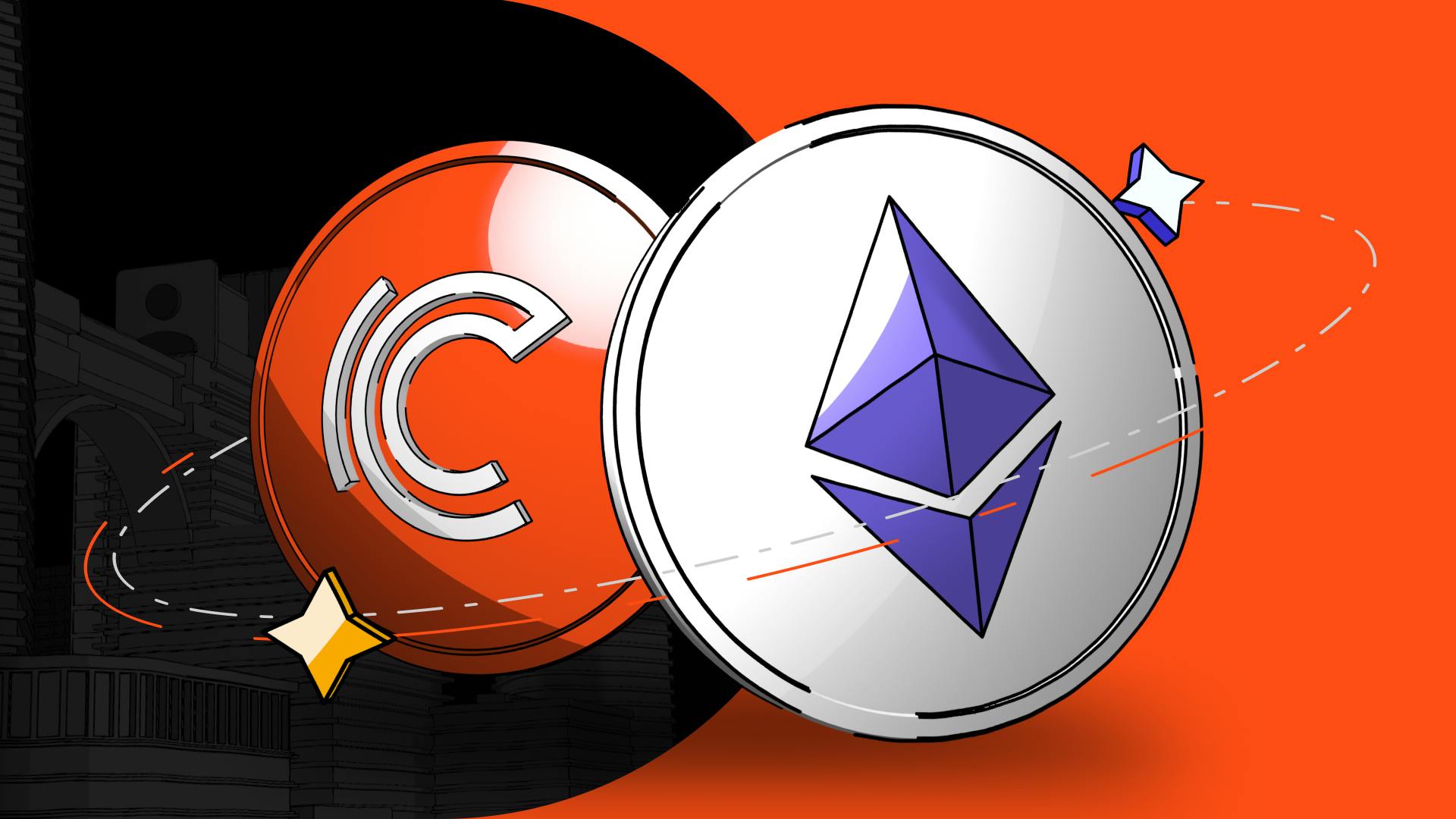
How to Stake Ethereum (ETH) on Coinmetro Fast, Easy, and Securely
Quer ganhar rendimento passivo com o seu Ethereum? Com a Coinmetro, fazer staking de ETH é simples, seguro e ideal para principiantes. Neste guia…
2m
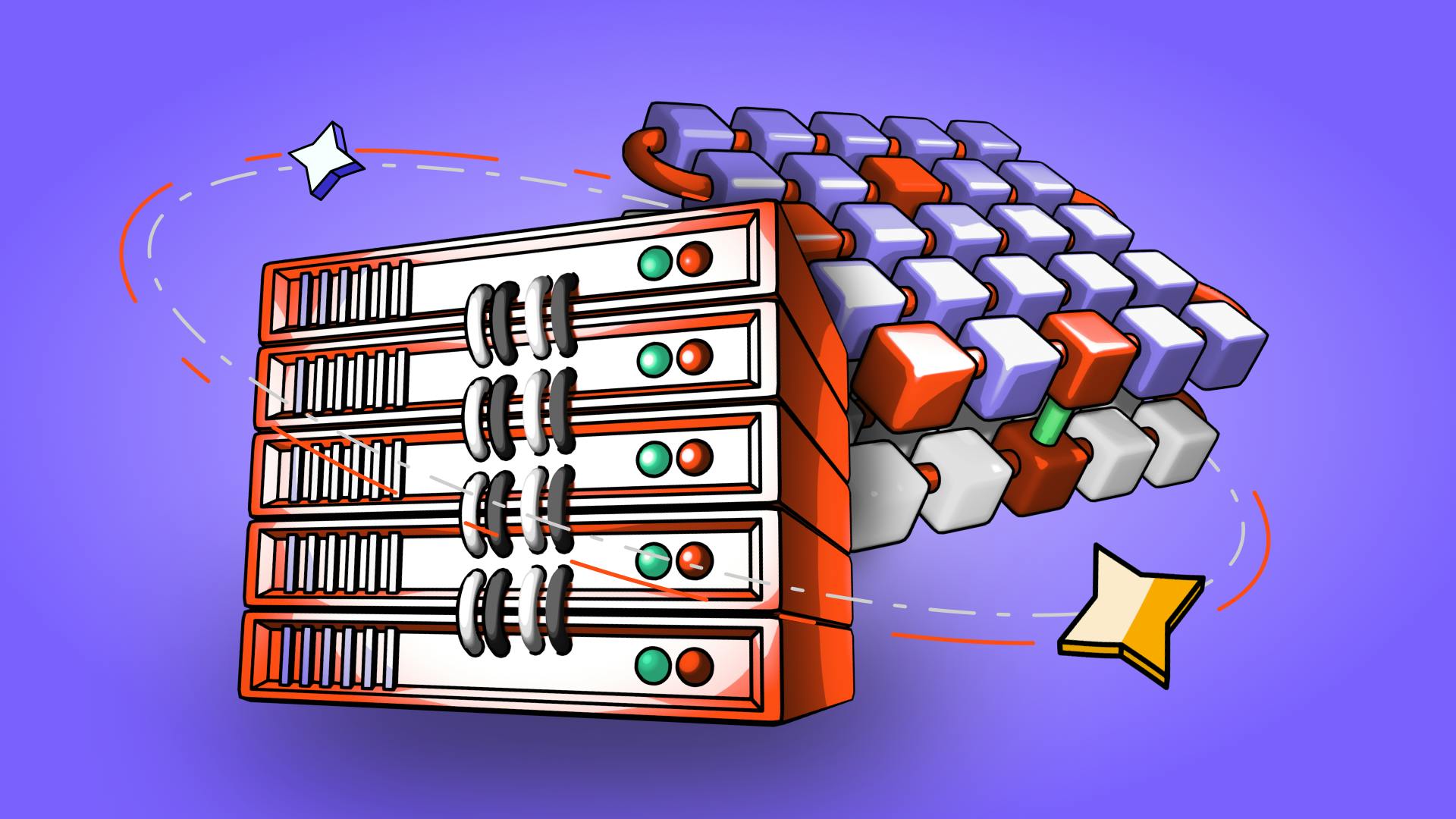
O Futuro das Soluções Descentralizadas de Largura de Banda e Armazenament
A era digital impulsiona a criação de dados, exigindo soluções seguras e escaláveis para a sua gestão. Os sistemas centralizados de largura de banda…
7m